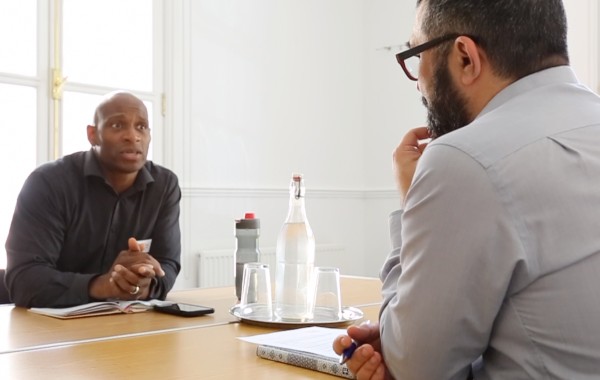
What does ‘mentor’ mean to you?
If you picture a mentor, who do you see?
The chances are, that your words and images will be about age, wisdom and seniority. Conventionally, mentors are leaders in their field with more professional experience and responsibility than the person they mentor (the ‘mentee’). The mentor is expected to offer the mentee a route to success and ways to overcome barriers based on their own experience. This guidance and these conversations can be invaluable.
Recently, Result CIC has been approached by several clients about training for a different type of mentoring. This is reciprocal mentoring – based on the principle of equality between the two people in the conversation and the mentoring being a two-way process. It aims to support more communication between staff at different stages of their career and from different backgrounds. Impliedly, reciprocal mentoring broadens the definition of mentoring to encompass life experience as well as professional experience. And it recognises how inextricably linked the two are.
David Clutterbuck * described mentoring as ‘enhancing the capacity and quality of participants’ thinking about issues they perceive to be important to them’. Result CIC’s training took this as our starting point. How could people entering a mentoring relationship optimise the quality of their and their mentoring partner’s thinking? The workshops we have been running for three clients include:
- Our privilege: What is it and how can we use it positively?
- How can we create what Nancy Kline calls a ‘thinking environment’ as the context for mentoring conversations?
- What is active listening and what stops us doing this?
- How can be become comfortable with silence and read the other person’s silences?
- How easy do we find it to ask for help and what barriers might this create in a mentoring situation?
- What may we normally not reveal about ourselves that could be beneficial in a mentoring relationship?
After the initial workshop before mentoring partners are paired, Result CIC recommends bringing together groups from the mentoring cohort for Action Learning Sets. These allow participants to share questions arising from the mentoring conversation and look at them in depth with support from others. As we encourage the mentoring cohort to support each other as a micro-network, it is beneficial to also convene a final, celebratory gathering to share progress.
There can be a significant impact in establishing reciprocal mentoring relationships between colleagues who may not otherwise normally have contact. Being encouraged to be a little more open, to listen better and be exposed to different life experiences and paths can have a broader effect on the culture of an organisation. Done right, a reciprocal mentoring programme can help an organisation to develop a better perspective and a deeper understanding of its work and how to be effective. It can also help shift work culture to not just talk about equality and diversity, but start to change the way staff behave and appreciate each other.
Does reciprocal mentoring sound like something that could help your organisation? Why not contact us for a conversation?
* Clutterbuck, D., Poulsen, K.M., and Kochan, F. (2012) Developing successful Diversity Mentoring Programmes. An international casebook. Maidenhead: Open University Press